You’re invited to join us for the Ending Gender Inequalities:
Evidence to Impact conference
Conference registration opens 28 February 2018
Participating in this meeting will help you:
- Enhance knowledge of applied gender research, practice, and implementation, including new technology, gender-focused service delivery plans, evidence-based interventions, equalizing gender roles, education and economic empowerment activities
- Form collaborative networks with skilled global gender scientists to share successes and challenges in implementation and sustainability of evidence-based programs for underserved key populations
- Strategize solutions and innovative methods to reach key underserved populations, including but not limited to HIV affected populations, women who use substances, refugee women and children, adolescent girls and young women, and survivors of GBV
Conference Poster Abstracts Now Being Accepted
Key areas of interest: gender-based violence, economic empowerment, educating girls and women, health and wellbeing – such as substance use, HIV, family planning, sexual and reproductive health, and other areas focused on addressing gender inequality!
- 09 February 2018: Submission deadline for those desiring mentorship with abstracts
- 16 March 2018: Submission deadline for all abstracts
- 16 March 2018: Travel Award application deadline
- 30 April 2018: Abstract acceptance notifications and Travel Award notifications
Detailed abstract and submission information provided here:
ABSTRACT SUBMISSION SITE
For more information
contact us at gender@rti.org
www.rti.org/gender

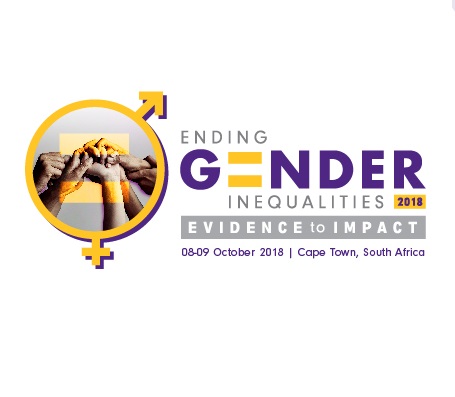
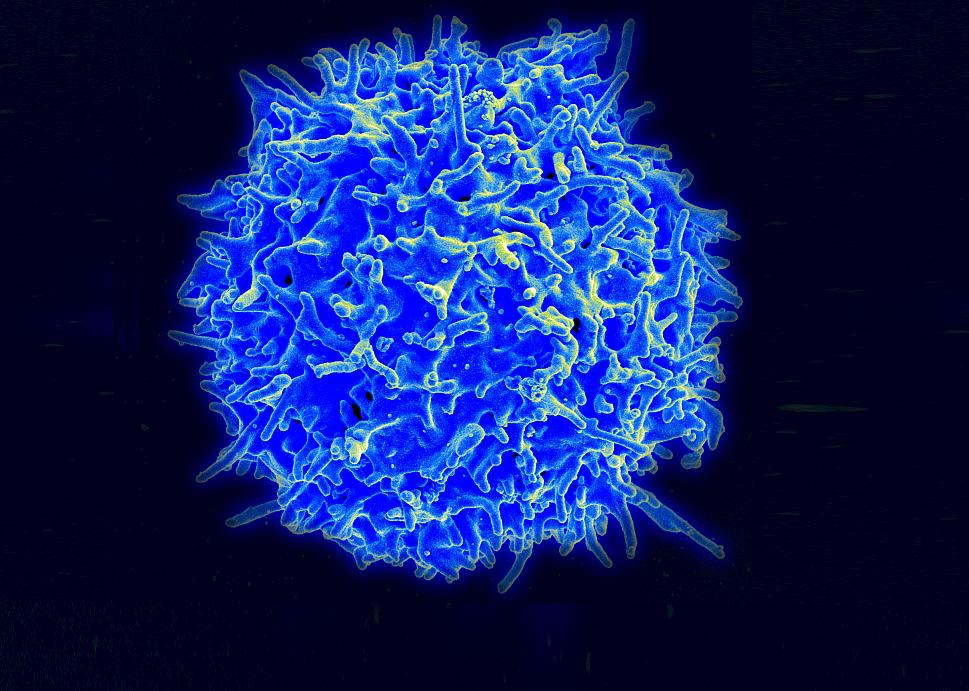

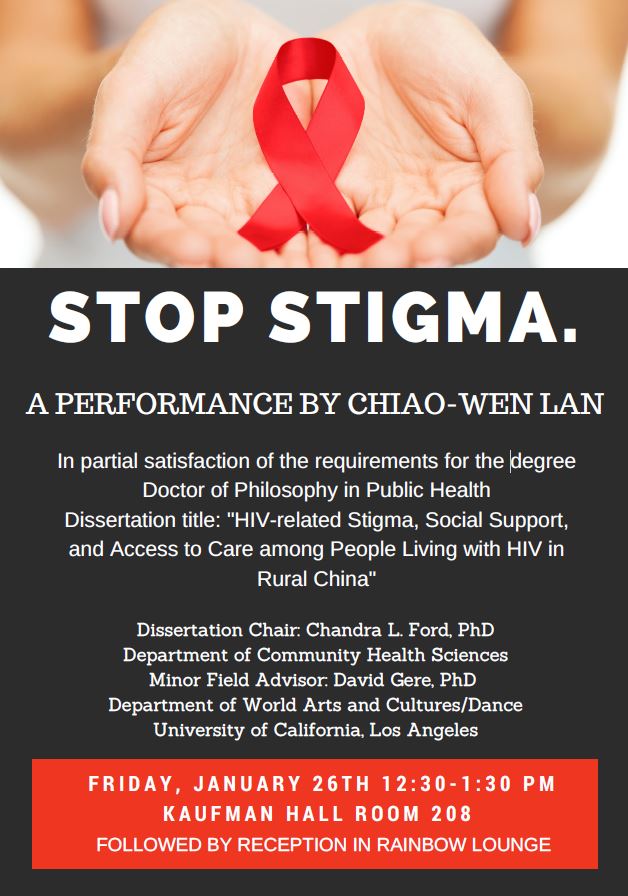
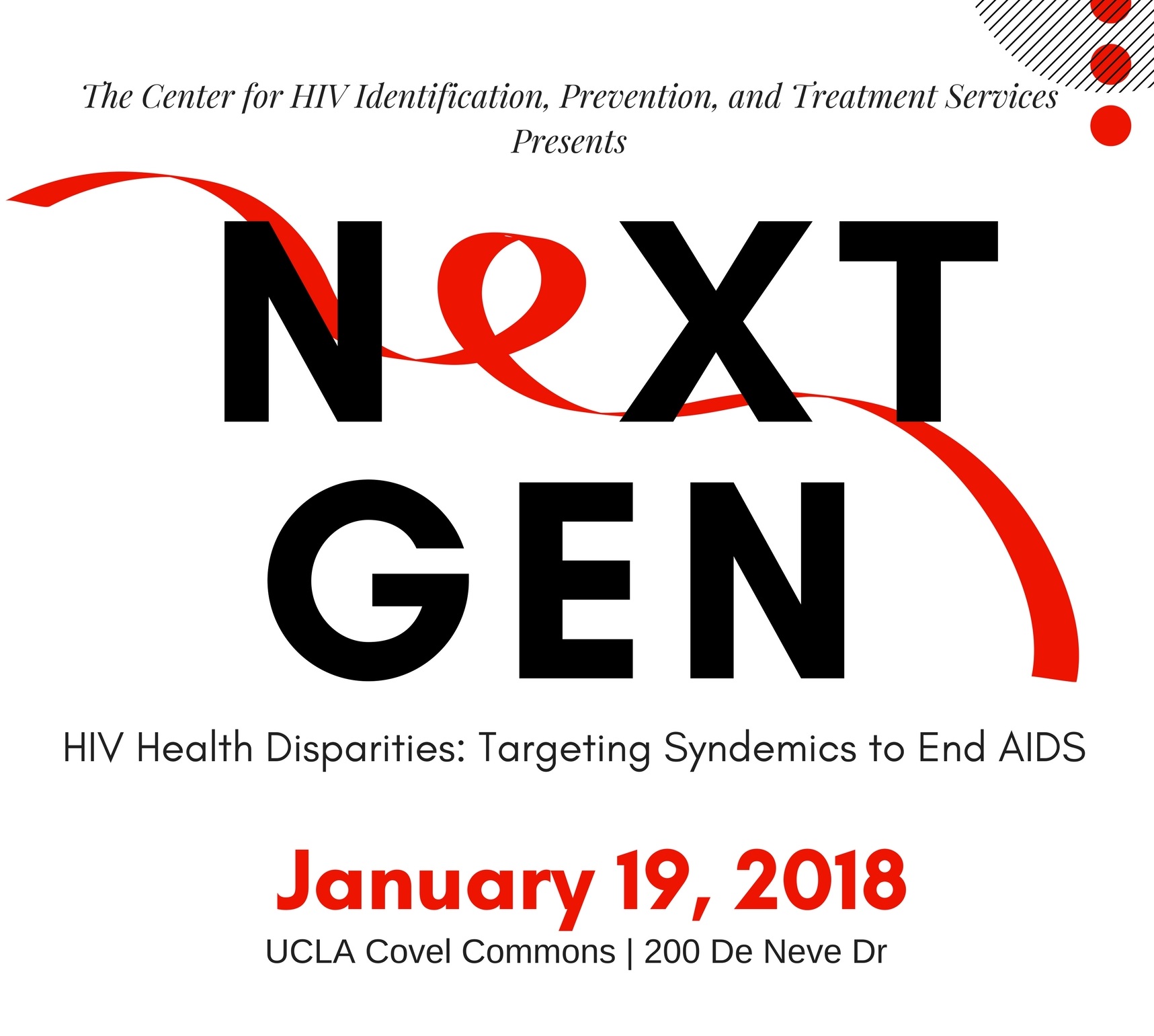


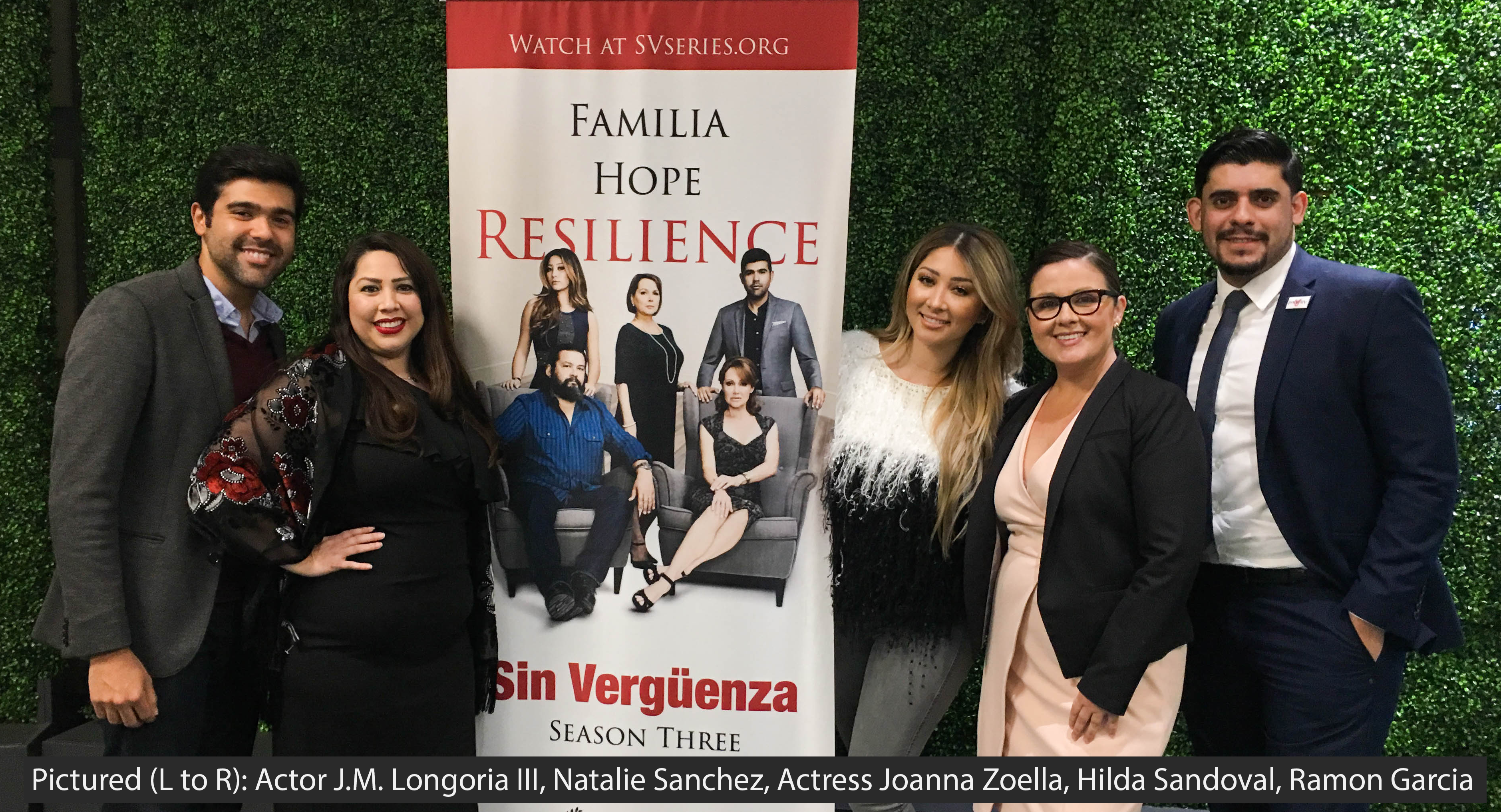
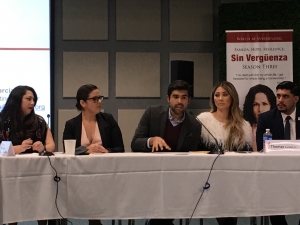
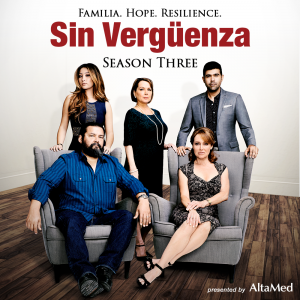 Natalie Sanchez and Hilda Sandoval from AltaMed discussed the process of developing an HIV social marketing campaign that is relevant and accessible to Latinos across multiple generations. They also addressed how the telenovela can be a channel to address the social determinants which are identified in the Los Angeles County HIV/AIDS Strategy 2020 and Beyond. Ramon Garcia also spoke on the social impact of the series, breaking down the metrics and the reach of the videos and their goals with this new season. With the success of season’s one and two, Sanchez talked more about the use of entertaining content to increase awareness on HIV-related issues such as the ones they focused on in Season 3.
Natalie Sanchez and Hilda Sandoval from AltaMed discussed the process of developing an HIV social marketing campaign that is relevant and accessible to Latinos across multiple generations. They also addressed how the telenovela can be a channel to address the social determinants which are identified in the Los Angeles County HIV/AIDS Strategy 2020 and Beyond. Ramon Garcia also spoke on the social impact of the series, breaking down the metrics and the reach of the videos and their goals with this new season. With the success of season’s one and two, Sanchez talked more about the use of entertaining content to increase awareness on HIV-related issues such as the ones they focused on in Season 3.